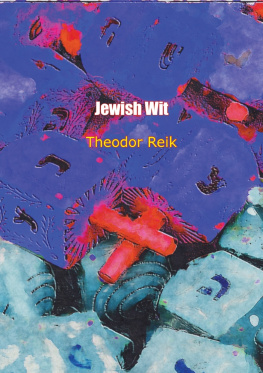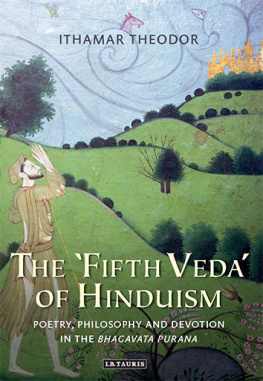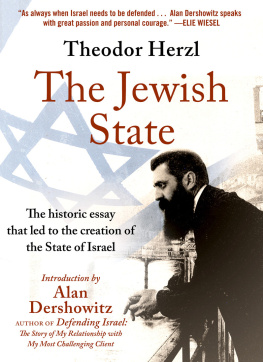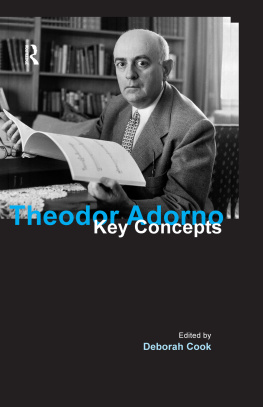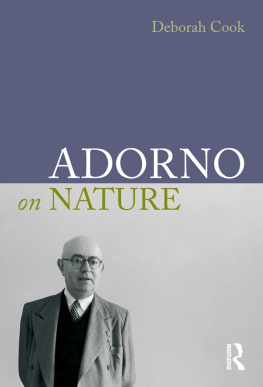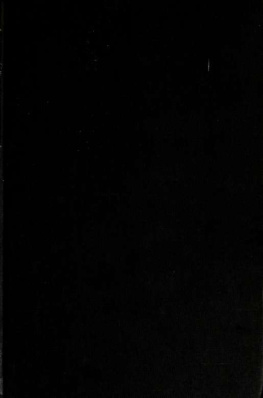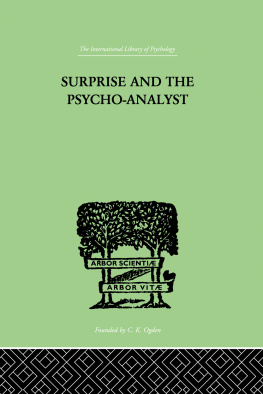

Barakaldo Books 2020, all rights reserved. No part of this publication may be reproduced, stored in a retrieval system or transmitted by any means, electrical, mechanical or otherwise without the written permission of the copyright holder.
Publishers Note
Although in most cases we have retained the Authors original spelling and grammar to authentically reproduce the work of the Author and the original intent of such material, some additional notes and clarifications have been added for the modern readers benefit.
We have also made every effort to include all maps and illustrations of the original edition the limitations of formatting do not allow of including larger maps, we will upload as many of these maps as possible.
JEWISH WIT
BY
THEODOR REIK
Yes, one may even say that these jokes are the continuation of the ancient Wisdom literature of Judaism. This is not only because the expressions wit and wisdom derive from the same word root, but also because true and wise things are often spoken in jest.
THEODOR REIK
Table of Contents
Contents
DEDICATION
TO MY GRANDCHILDREN
ALEXANDER, LORETTA AND DANIELA
CHAPTER IThe Psychological Interest in the Subject
INTRODUCTION
A few sentences Freud had written on two different occasions often returned to me, they must have worked as catalysts. They were in the preface to the Hebrew translation of Totem and Taboo , and were originally written in December 1920(). They affected me especially because I felt about Judaism the same way he did. Freud stated that he did not understand Hebrew, that he was utterly alienated from the religion of his forefathersas from any religionand that he was unable to share the belief in national ideals. Yet he had never disavowed being Jewish and did not wish to be different. But what, he continued, would he answer, if someone asked him, What is still Jewish in you after you abandoned all those things common to your people? He would reply, Still very much, perhaps the main part of my personality. He admitted that he would be unable to put this essential thing into clear words, and added: It will certainly some day become accessible to scientific insight.
That last sentence intrigued me especially. It was like a personal appeal to me and reminded me of some conversations I had had with Freud about Jewish questions.
Another, perhaps even stronger impression I received was from the speech Freud wrote for the Bnai Brith Lodge () on the occasion of his seventieth birthday in 1926. Only three of us Viennese psychoanalysts were brothers of the Bnai Brith: Freud, Dr. Eduard Hitschmann, and I. In that speech Freud asserted that neither religious faith nor national pride had tied him to Judaism. He had always been an atheist and, if he ever was inclined to national superiority feelings at all, he had suppressed them as disastrous and unjustified, warned by the example of the people amongst whom we Jews were living. Yet, he continued, there remained enough other things that made the attraction of Judaism and Jews irresistible, many dark emotional powers, the more powerful, the less they could be put into words, as well as the clear awareness of an inner identity, the secret of the same inner construction.
What struck me especially were the words, the clear awareness of an inner identity, the secret of the same inner construction, and again the admission that those dark emotional powers eluded verbal definition and description.
In my youth I had published a book Das Ritual () whose main part had dealt with problems of early Hebrew religion and social organization. Then came a pause of almost forty years during which I was occupied with other problems of psychoanalytic psychology, and with writing books dealing with them. Freud, who had written a preface to my book and had bestowed upon me the prize for the best paper on applied psychoanalysis for one of those early essays, had often encouraged me to continue my research work on Hebrew origins.
Only after having reached the age of seventy years did I return to the interests that had occupied me as a young psychoanalyst. I approached the problems of Hebrew prehistory from a strictly scientific viewpoint, comparable to that of an archaeologist who tries to reconstruct the unknown past of a people from remnants surviving radical changes. By tracing the most significant myths of the Hebrews back to their original shape and meaning, I attempted to reconstruct the prehistory of those Semitic tribes and of a period long before they had formed themselves into a people. The result of this attempt at reconstruction was presented in a Biblical tetralogy whose parts were entitled Myth and Guilt, The Creation of Woman, Mystery On the Mountain, The Temptation .
I understood only later that this tetralogy was an attempt to discover the origin of that secret inner construction of which Freud had spoken in the history, or rather, in the prehistory of the Jews in the period of their formative years, comparable to an inquiry into the early childhood of an individual. But where do I go from here?
THIS BOOK
Psychologists and sociologists at present discuss with great zeal the problems of creativity, and study the elusive quality of the creative person, the characteristic features of the creative progress, and of the creative situation. It would be presumptuous on my part to call the circumstances in which this book was conceived a creative situation.
A group at the University of Michigans Institute of Social Research recently formulated a hypothesis on the conditions that seem to lead to creative scientific performance. Only a single condition was present in the situation in which the idea of this book emerged. I quote: Scientists generally speaking are more creative when they are slightly uncomfortable. They need to be forced to an unusual (or creative) response by a condition of intellectual uncertainty or dither ().
I was certainly (and not only slightly) uncomfortable and in a condition of intellectual uncertainty, but, as far as I know, no other quality of a creative situation was present. I sat at my desk listless and restless. Nothing was further from my thoughts than the psychology of Jewish wit, nothing further from my mood than jokes and jests. I felt rather bad-humored, if not gloomy.
My thoughts circled around the patient who had left me half an hour ago and the first words he had said in his psychoanalytic session mysteriously echoed within me. This highly intelligent man had been silent for a few minutes and had then said, We pause for station identification. That phrase, well known from radio announcing, was meaningful in his case because he often experienced a feeling of self-alienation, of search for identity.
Only after that sentence had reoccurred to me, did I understand that it concerned my repeated and frustrated attempts to penetrate that secret of the same inner construction of Jews of which Freud had spoken. We pause for station identification, was thus meaningful for my research work. The pause had lasted a long time, much too long.
The walls of my office are covered with pictures of Freud. I believe there are about fifty photographs, etchings and drawings, pictures of Freud as a child, as a young man and as an old man. The last photograph shows him in London the year before his death. Sitting at my desk I looked up at the pictures above it as if seeking for his help. But the pictures did not speak to me. It was in vain. Then came a funny thoughtall the photographs and pictures show Freud in a serious mood, sometimes even with a grim expression. There is not a single one in which he is presented smiling.
Next page
